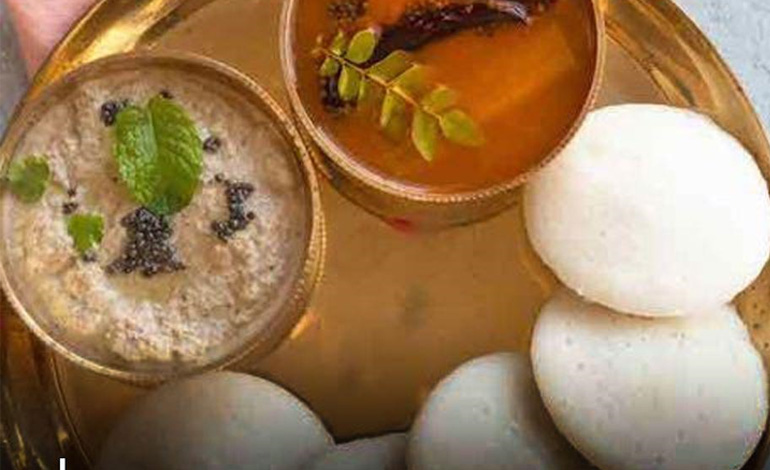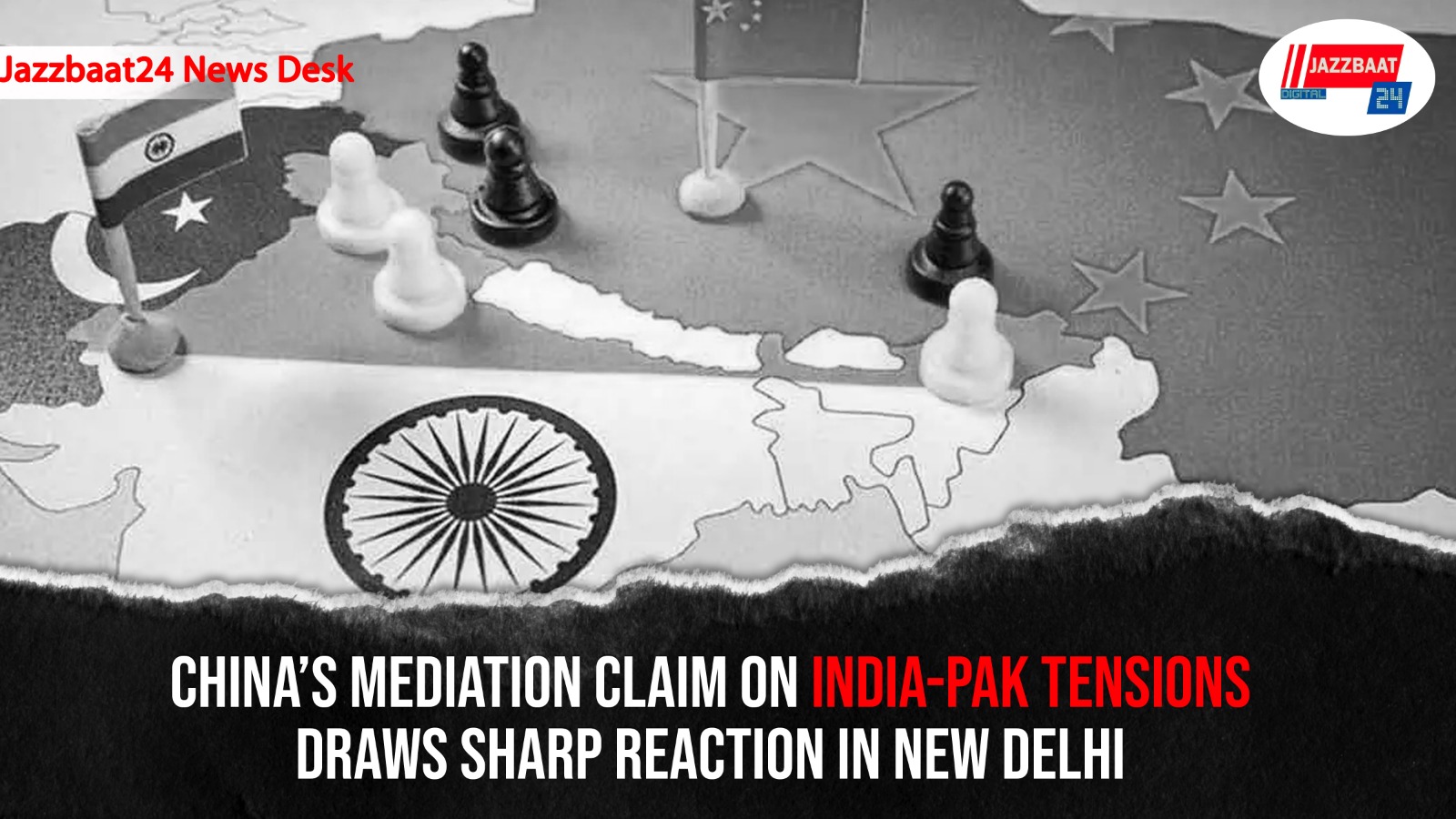In a surprising turn of events, a man's comment referring to idli as a "tasteless white sponge" has ignited a fierce debate on social media platforms. Idli, a popular South Indian dish made from fermented rice and lentil batter, is widely loved for its soft and fluffy texture. However, this man's statement has provoked strong reactions from food enthusiasts and sparked a heated discussion about culinary preferences and cultural diversity.
The controversy began when a Twitter user, identified as @FoodieTales, expressed his disdain for idli in a now-viral tweet. He wrote, "I don't understand the hype around idli. It's just a tasteless white sponge. Give me some flavorful dishes any day!" The comment quickly gained traction, drawing both support and criticism from netizens worldwide.
Idli aficionados swiftly defended the dish, highlighting its nutritional value, simplicity, and versatility. Many pointed out that idli serves as a blank canvas that can be paired with various chutneys, sambar, and other accompaniments, allowing individuals to customize their flavor experience. Supporters praised idli for being a light and healthy option, suitable for all age groups and dietary preferences.
Opponents of idli were equally passionate in their arguments, claiming that the dish lacked the robust flavors associated with other Indian cuisines. Some even questioned its place in the culinary landscape, suggesting that it should be overshadowed by more vibrant and bold dishes. Critics argued that taste is subjective and it was unfair to dismiss idli entirely based on personal preferences.
As the debate raged on, renowned chefs, food bloggers, and celebrities chimed in with their opinions. Celebrity chef Padma Lakshmi tweeted, "Idli represents the simplicity and comfort of South Indian cuisine. It's not about bold flavors, but the art of balance and harmony." Her tweet received widespread support, with many commending her for emphasizing the cultural significance of idli.
On the other hand, Michelin-starred chef Vikram Prasad tweeted, "Idli may not be everyone's favorite, but it is an integral part of our culinary heritage. Let's celebrate the diversity of tastes and respect each other's choices." His message resonated with those advocating for inclusivity and appreciation of different food cultures.
The controversy also caught the attention of local businesses and restaurants, who seized the opportunity to promote their idli variations. Some establishments offered fusion idli dishes, incorporating unique flavors and ingredients to cater to a wider audience. Food delivery apps reported a surge in orders for idli and related items, as curious customers sought to form their own opinions.
In the end, the debate over idli's taste continued without a clear consensus. However, the incident highlighted the power of social media to ignite discussions and bring attention to cultural diversity in the culinary world. Whether one sees idli as a tasteless white sponge or a delightful and comforting dish, the controversy served as a reminder that food preferences are deeply personal and should be celebrated.
As social media debates come and go, it is evident that idli, with its rich history and devoted fan base, will continue to occupy a special place on dining tables across the globe, reminding us of the remarkable diversity found within our culinary traditions.





